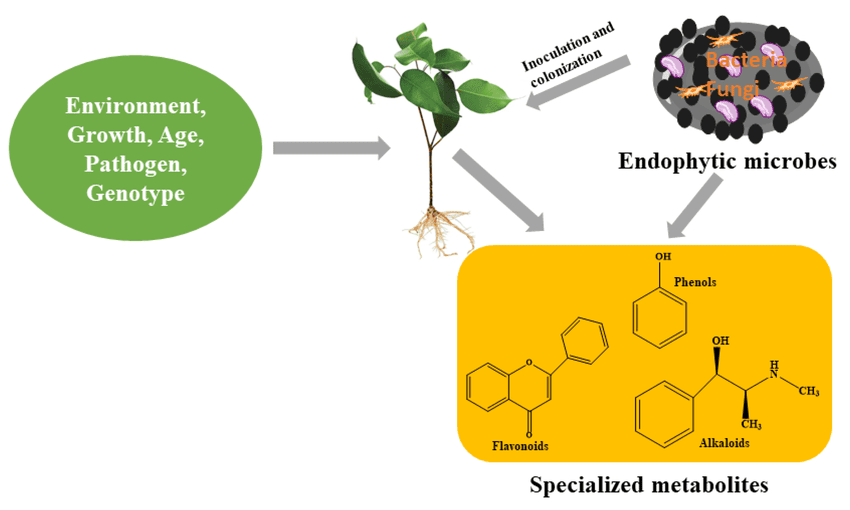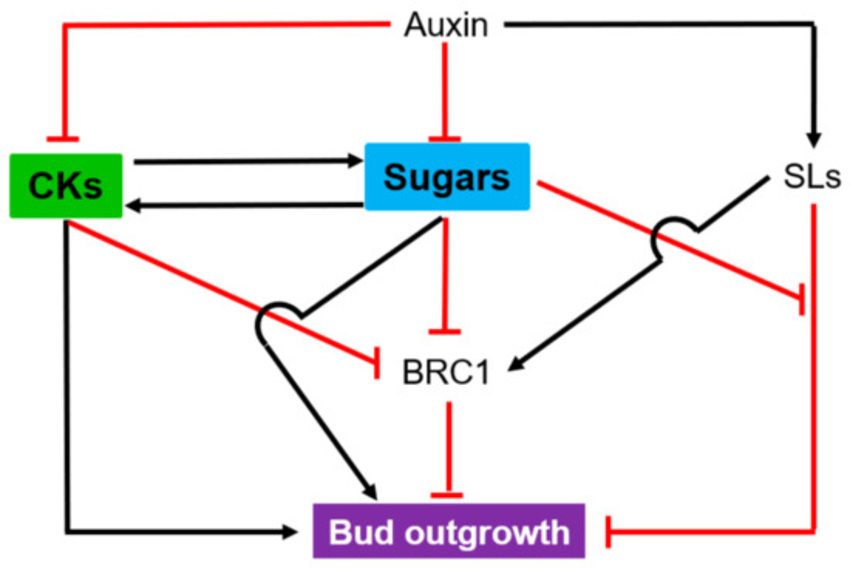Plant Molecular Biology
23
Unveiling the Evolutionary Impact of Ancient Viruses on Myelin Production in Jawed Vertebrates
- Rating
- retroviruses
- myelin production
- jawed vertebrates
- evolutionary impact
- nerve insulation
- ancient viruses
- vertebrate evolution
Old viruses have been quite beneficial, particularly one retrovirus found within the DNA of jawed vertebrates, aiding in the activation of a protein crucial for insulating nerve fibers, as revealed in a recent study published in Cell. This insulation, known as myelin, likely played a significant role in facilitating rapid thoughts and the development of complex brains.
The retrovirus, previously considered genetic debris, is now recognized as a valuable contributor to evolution, influencing various aspects of life on Earth. Alongside assisting in the evolution of the placenta and the immune system, these ancient viruses are now implicated in the production of myelin.
Myelin, composed of fat and protein, coats long nerve fibers, enhancing the speed of electrical signals and enabling the growth of thinner, longer nerve fibers. This development likely contributed to the expansion of vertebrate diversity and the complexity of brains.
Researchers delved into existing data to identify the presence of retroviruses affecting myelin production. They discovered high levels of RNA from an ancient retrovirus, termed RetroMyelin, which interacts with a protein called SOX10 to activate the production of myelin basic protein, crucial for myelin formation.
Reducing levels of RetroMyelin in various species, including rats, zebra fish, and frogs, resulted in decreased production of myelin basic protein, highlighting the significance of RetroMyelin RNA in myelin production.
While lampreys and other jawless vertebrates lack RetroMyelin, it remains unclear why. It is speculated that these viruses either do not infect lampreys or were not evolutionarily advantageous and subsequently lost.
The phenomenon of convergent evolution is observed, with each species possessing its unique version of RetroMyelin, despite the retrovirus likely infecting multiple species at different times.
The presence of myelin basic protein and other necessary components may have been crucial for vertebrates to harness the benefits of RetroMyelin, ensuring its retention over evolutionary time scales.
This study underscores the importance of noncoding RNAs, such as RetroMyelin, in developmental processes, inspiring further exploration into the role of retroviruses in shaping evolution.
CITATIONS
T. Ghosh et al. A retroviral link to vertebrate myelination through retrotransposon-RNA-mediated control of myelin gene expression. Cell. Published online February 15, 2024. doi: 10.1016/j.cell.2024.01.011.
Leave a Reply
Your email address will not be published. Required fields are marked *


